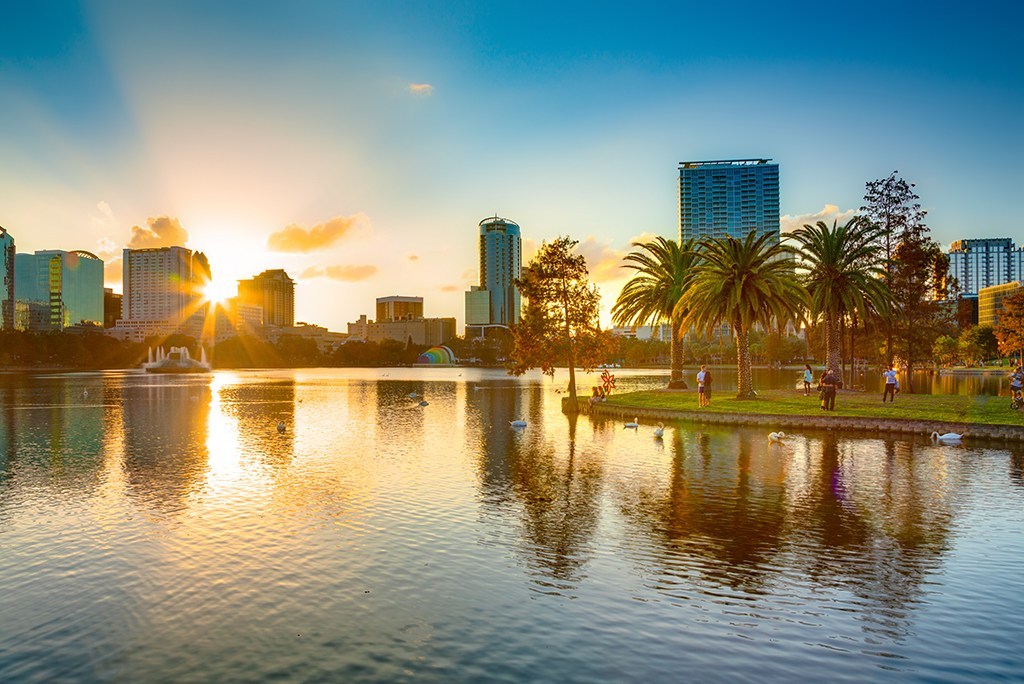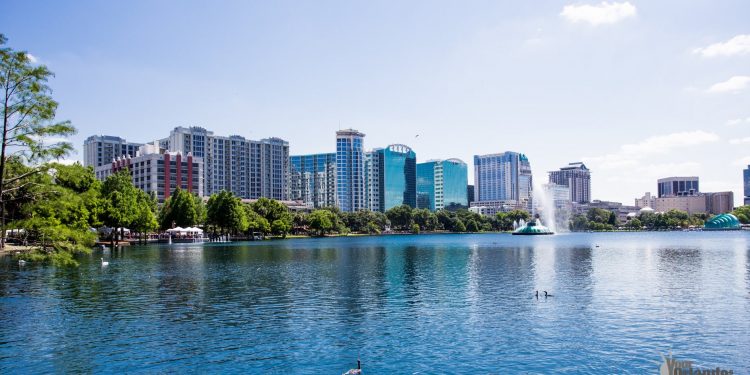Boasting warm weather and plenty of local attractions, it’s no surprise that more and more new residents are flocking to Florida each year. If you’re one of the people thinking of moving to the area, there are many things you need to consider first. Once you’ve considered all the factors, you can move to Florida without problems.
Here are some of the pros and cons you need to keep in mind before relocating to the Sunshine State.
Weather
Florida is called the Sunshine State for a reason. Out of 365 days each year, more than 200 days are sunny. The warm weather opens up several opportunities for people in the area but also has its downsides.
Pros
More sunny days mean more time to spend outdoors. Some of the recreational activities you can do include swimming, canoeing, biking, and sailing. The beach is never far away, so you can make a quick trip within the day. Indeed, if you love to go out and explore the outdoors, Florida is perfect for you.
Cons
Summers in the Sunshine State are notoriously hot and humid. You have to rely heavily on air conditioning to keep cool. You also have to put on a lot of sunblocks to protect your skin from damaging UV rays. Not to mention, a lot of insects thrive in the tropical heat.
One of the crucial things to remember about Florida is that the state has a hurricane season. It peaks in August and September, which means that you need to put outdoor items inside and clean up after the hurricanes pass through.
Beaches and Tourist Attractions
The Sunshine State is world-famous for visually stunning beaches and fun local attractions, including the Sarasota Siesta Public Beach, Disney World, and Universal Studios. Living near these places comes with its perks and downsides.
Pros
With so many beaches and attractions near you, you can visit these places at any time. You can easily enjoy the scenery and breathe in the fresh air coming from the ocean at your leisure. While some beaches can be quite crowded, there are quieter spots where you can enjoy ocean views and waterscapes.
Additionally, Florida residents are given special locals-only discounts to certain attractions throughout the year. These are often offered during the offseason when tourism dies out, so you get to enjoy these destinations crowd-free.
Cons
Millions of tourists visit the beautiful beaches and attractions of Florida each year. Couple this with the rising state population, it leads to overly-crowded areas, more traffic, and less available parking spaces. If you plan on staying in Florida for the long haul, you’ll need to be aware of the season if you want to steer clear of the rush of tourists and visitors that frequent the area.
Cost of Living
Some of the primary reasons why a lot of people relocate to Florida are financially motivated. They believe that they can save on the cost of living or get a new home for a better price. For a better grasp if these presumptions are truthful or not, consider the following pros and cons.

Pros
Contrary to popular opinion, Florida’s cost of living is higher than the national average. Don’t fret, however, because the difference is negligible. Compared to the average cost of living (listed as 100), Florida only bears a two percent increase (102.8). Considering its warm climate and location, the higher cost of living is not a deal-breaker for many people thinking of relocating. Of course, some places in Florida are more affordable to live in than others.
Moreover, you have more funds to use because there’s no state income tax in Florida. You only need to worry about filing federal taxes. Having no state income tax means that you get to significantly save more and allocate your money to other things, such as daily necessities and recreational activities.
Cons
One of the downsides of having no state income tax is that it can result in higher fees and sales taxes for various items, such as car registration.
The differences in costs may be slightly or significantly more than what you’re used to in your current state.
To add to that, bear in mind that the minimum wage in Florida ($8.25 at the time of writing) is lower than the livable wage ($11.75). If you don’t have a job offer or connections in the area, consider this carefully before packing your bags and moving.
House Affordability
Before moving, you need to consider your residence. Here’s a glimpse of how affordable houses are in Florida.
Pros
Florida is in the middle of a housing boom. Several complexes are under construction, which means that you’ll have more options on where to buy your next home. While some locations in Florida have significantly higher housing costs (e.g. beachside houses, Naples), several affordable options can surely fit your budget.
Cons
As mentioned earlier, the cost of living in Florida is higher than the national average. This means that houses can be more expensive. For example, the median price for a U.S. home costs $200,000. In Florida, the average home can cost you around $230,000. Depending on your former residence, this can be significantly higher or lower than what you expected.
Before relocating, it’s essential to learn more about the area. Florida has much to offer to everybody–tourists and residents alike. Make your move as easy as possible by doing your research, picking a house that fits your budget, and hiring movers that can properly take care of your items.






